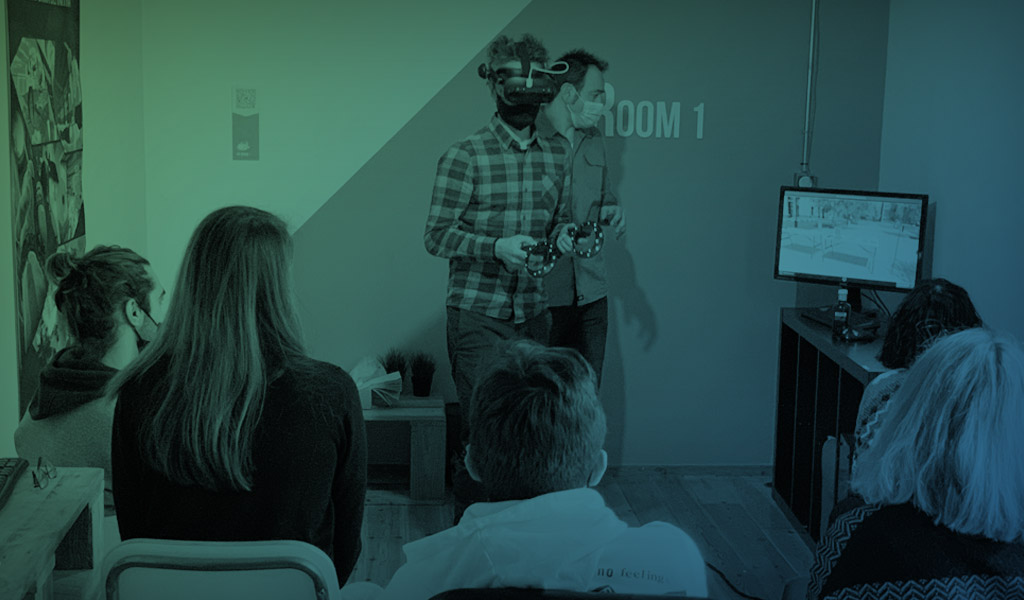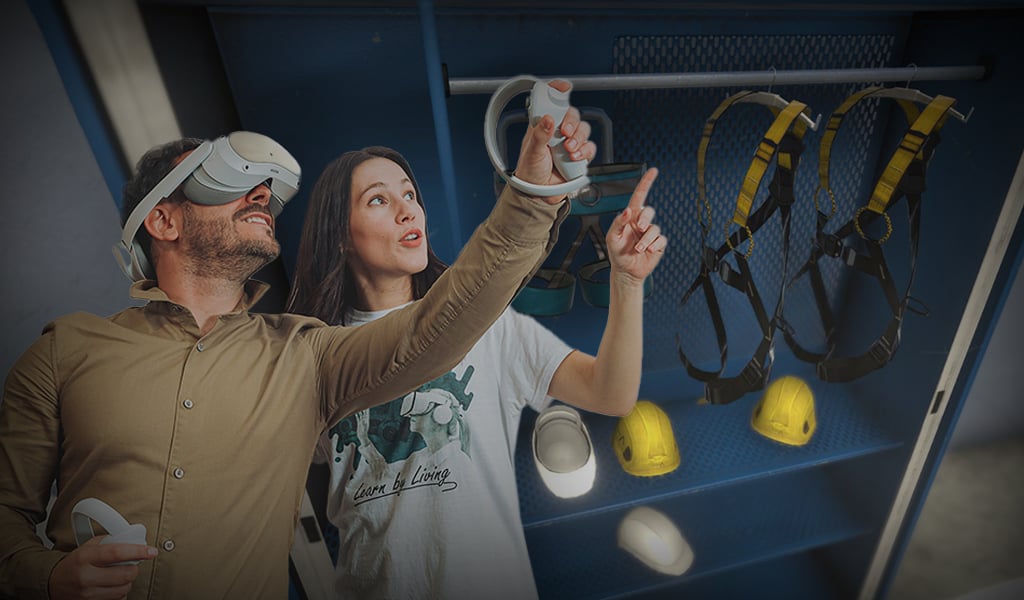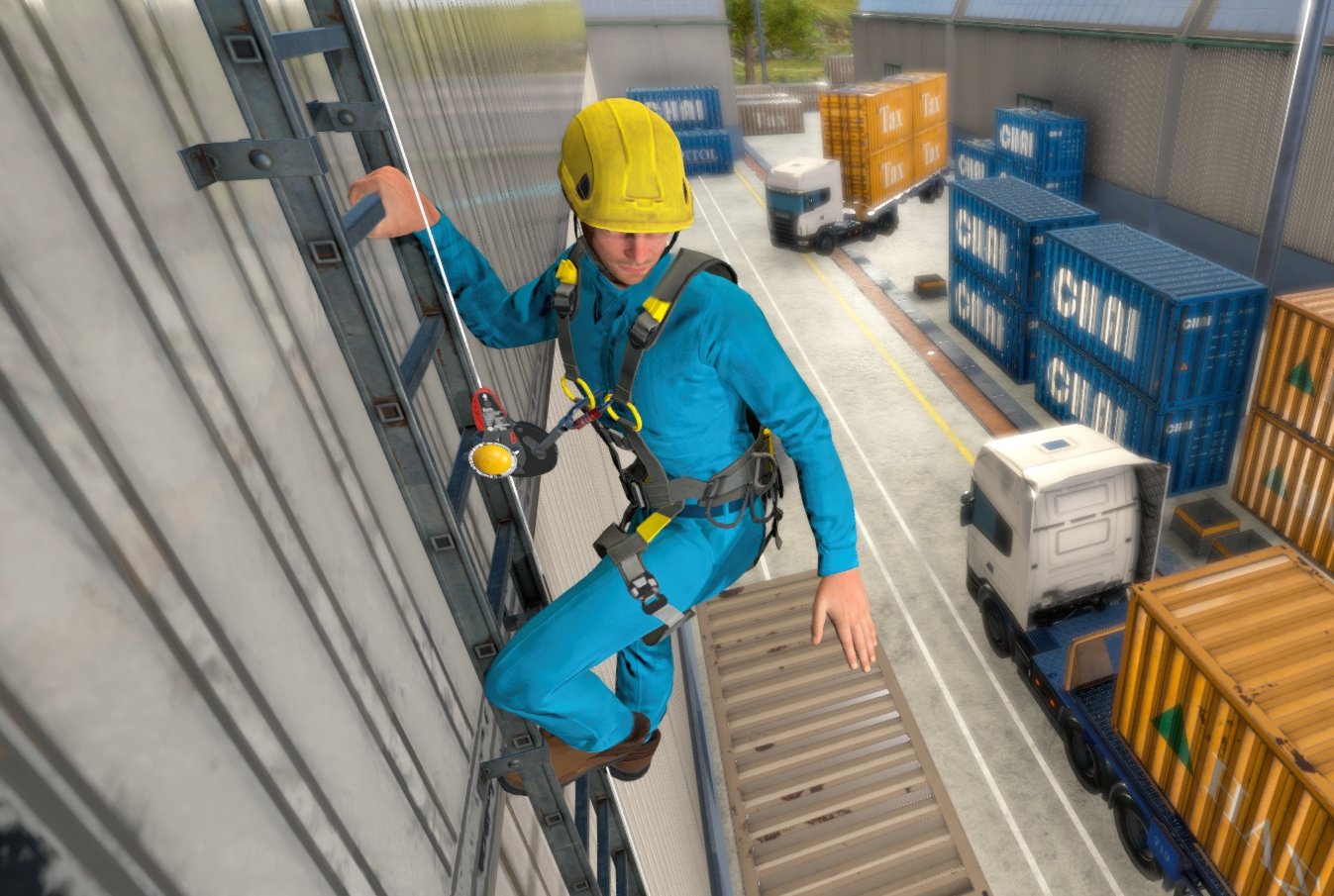Virtual Reality (VR) offers various business advantages to external prevention services for providing risk prevention training. One of them is the ability to deliver standardized training in various locations, countries, or branches of their clients.
This is achieved through the format of remote or webinar training. With it, the instructor can provide standardized training remotely, using Ludus' virtual reality platform.
The Challenge of Offering Standardized Training in Different Locations
For external prevention services, the ability to easily provide standardized training in different locations offers several benefits:
- Many client companies have multiple branches, whether in a national or international setting. There may be a training need involving employees from branches in different countries, which can extend timelines. This complicates the scenario of delivering standardized training to the entire staff, as contexts and scenarios are diverse. A prevention service capable of meeting these demands gains a competitive advantage.
- Expanding the business area by attracting new clients from other countries or geographical areas.
- Providing a scalable training solution to clients, with the possibility of expanding the service to other branches.
- Evaluating and comparing results across different branches or countries. By delivering the same standardized training, the overall picture is more comprehensive. Additionally, this allows for the identification of weak points or locations where additional training is needed.
Ludus' virtual reality platform enables the delivery of risk prevention training in three modalities: in-person, remote, and individual. The remote modality (or webinar) provides an effective solution for external prevention services to deliver standardized training in any location.
Preventive Training in Virtual Reality Webinar Format
In remote training using virtual reality webinars, it is the instructor who wears the VR glasses and utilizes the simulation. The students follow the training through a screen, where they see and hear the same as the instructor.
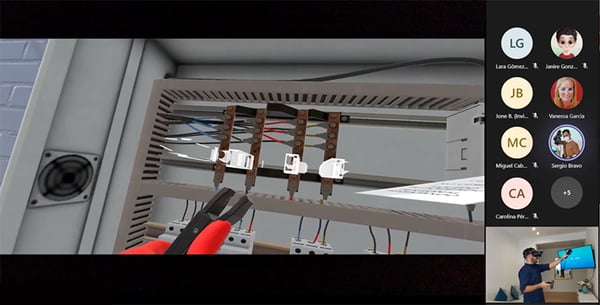
Who delivers the training can engage the students by asking them questions or letting them guide and make decisions for him. This way, competencies such as decision-making or risk detection can be trained in these remote training sessions.
The student, in responding to the instructor's questions or making decisions, may make mistakes. In this case, the instructor will be the one to "experience" the virtual accident, but the student can visualize the consequences of their error. This experiential learning component and the learning from mistakes are often challenging to convey in traditional remote training.
With virtual reality, webinar-format training gains a dynamic and playful component that is sometimes lacking. Students transition from being passive subjects to active participants, learning to complete protocols, detect risks, and prevent them.
Additionally, this modality brings benefits such as savings in the transportation of people and equipment for external prevention services and companies. How does it affect the ability to deliver standardized training in various locations?
Standardized Training in Different Locations or Countries with Virtual Reality
Ludus' virtual reality simulations are built based on occupational risk prevention regulatory standards. By providing standardized remote training with VR to different branches of companies, external prevention services enhance their service:
- All employees of the client company, regardless of their location, receive the same standardized training. Workers practice the same protocols and perform the same exercises based on occupational risk prevention regulatory standards.
- The training is massified, shortening timelines. The entire staff, distributed across different branches or countries, receives training in a short period. Trainers don't have to travel to different locations to provide training, and sessions are easily organized with little notice.
- Ludus' platform collects usage and performance data in the training sessions conducted with simulations. Obtaining standardized data allows for comparing usage and results across different branches or countries. This helps identify training needs for clients.
In addition to standardized training in various locations, Ludus' VR platform offers other business advantages to prevention services. Want to know how prevention services make more money with VR training? We explain it in the following link.


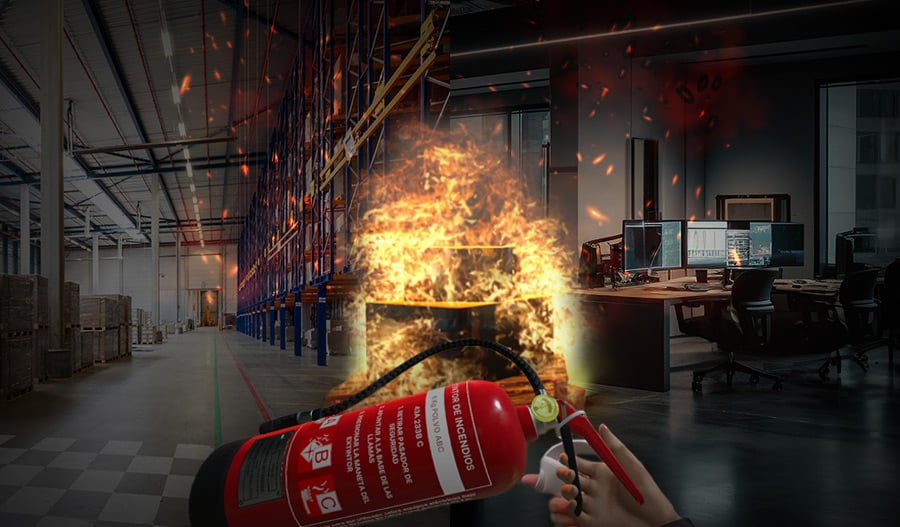
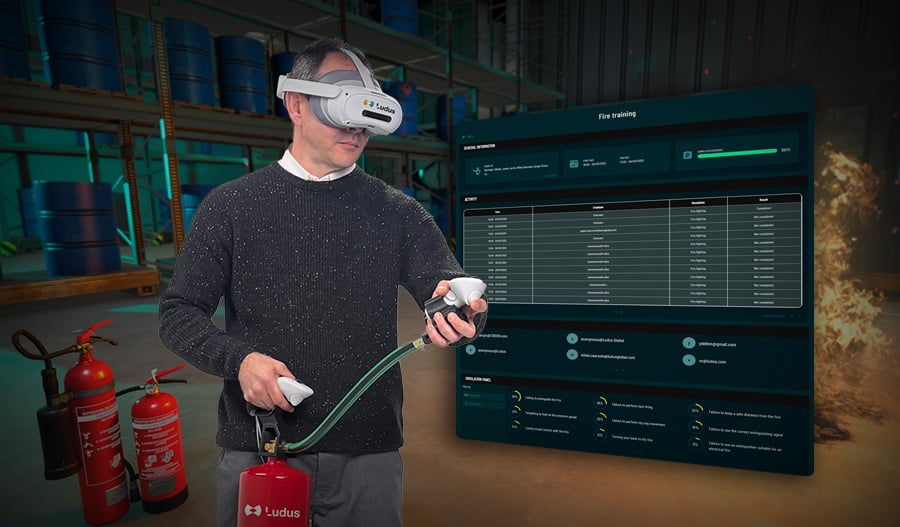
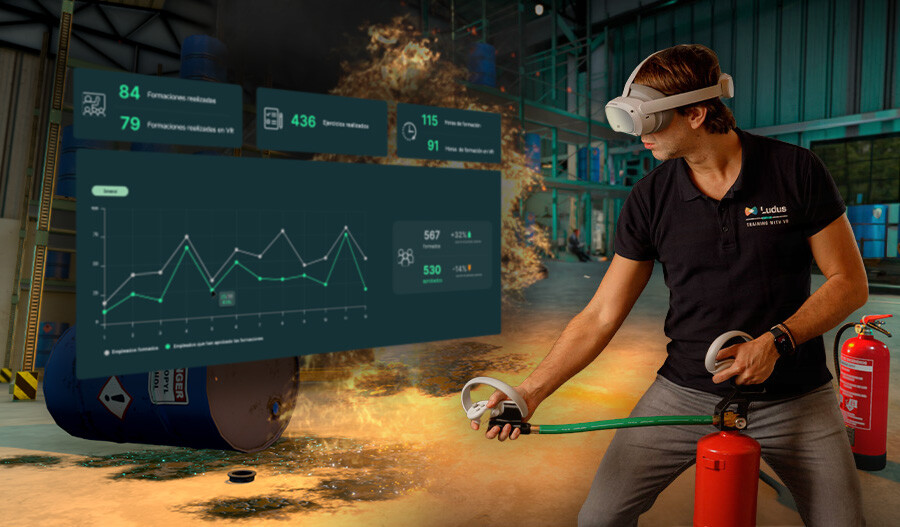
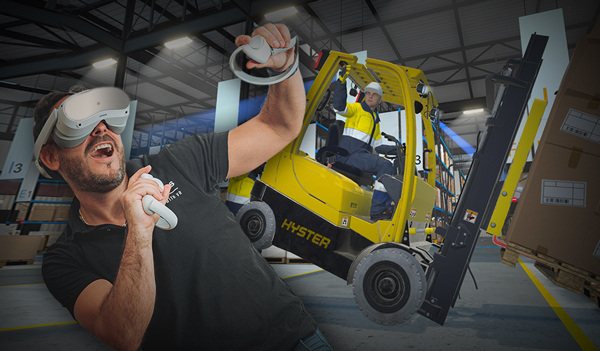
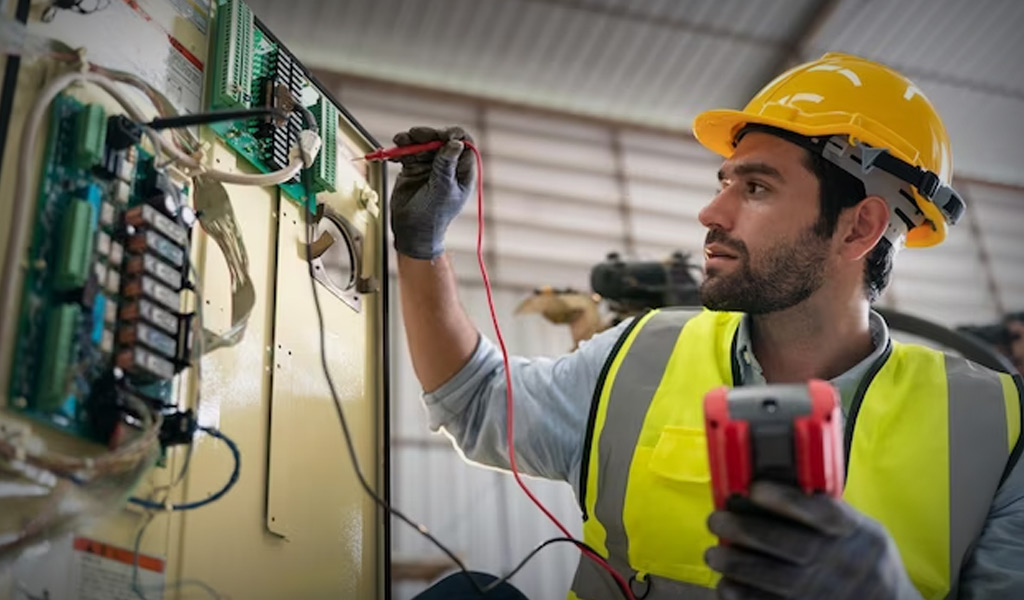
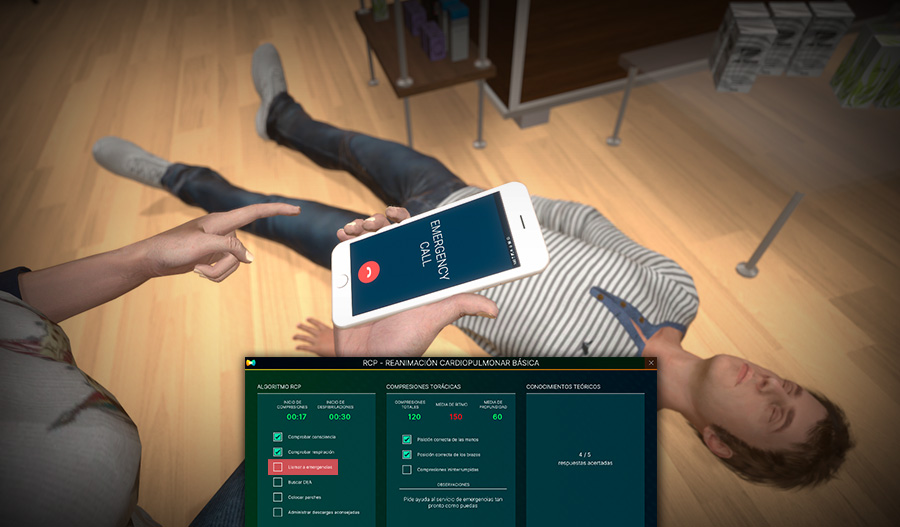
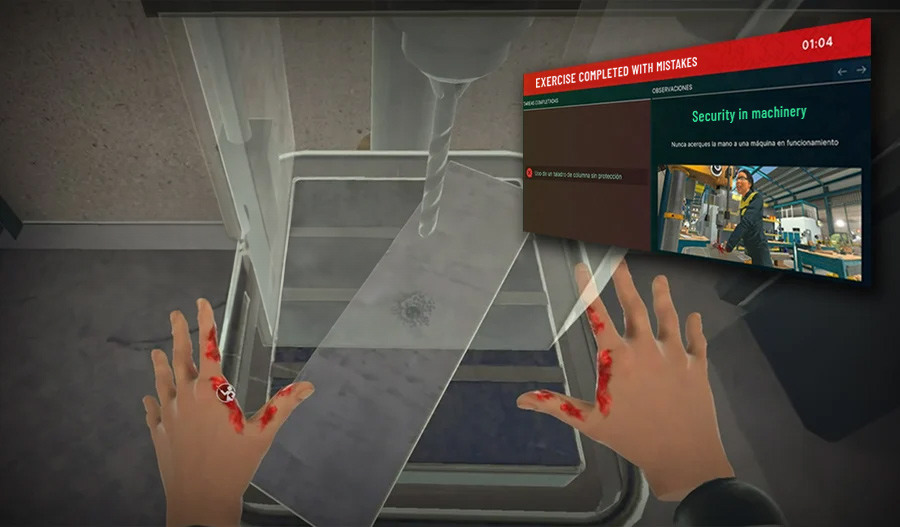

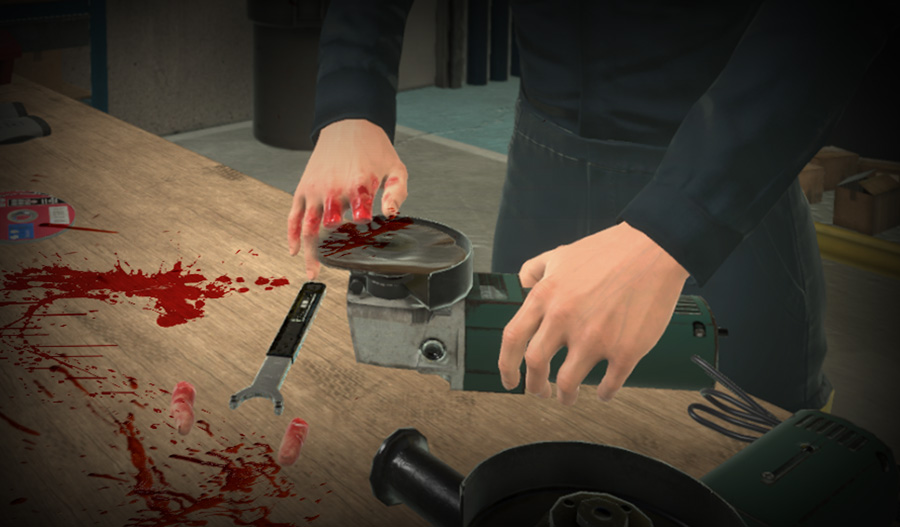
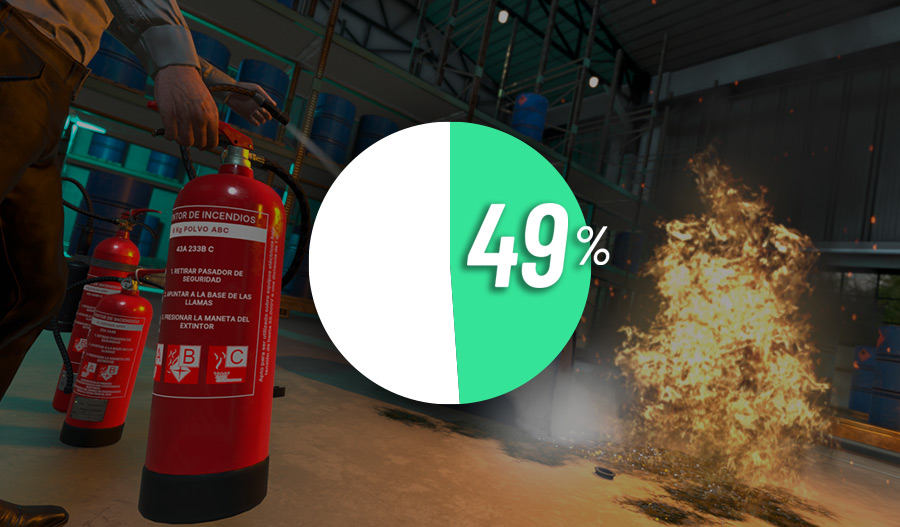
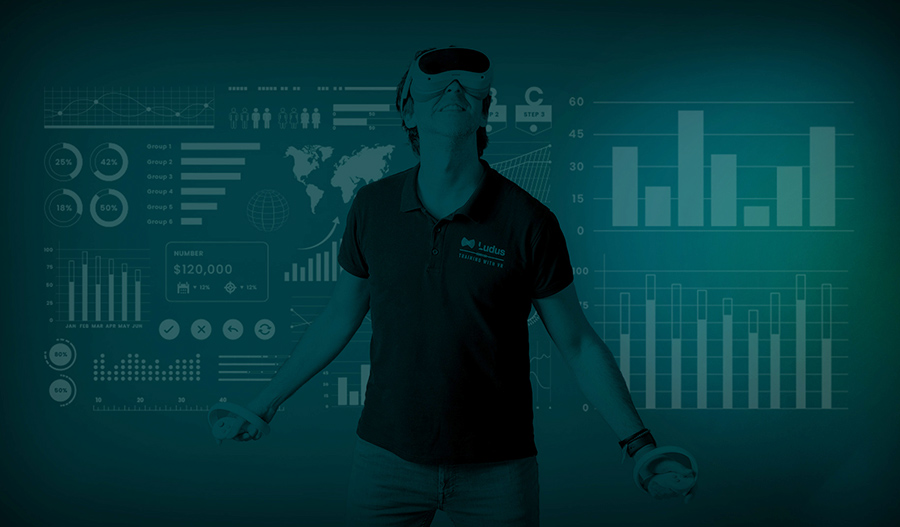
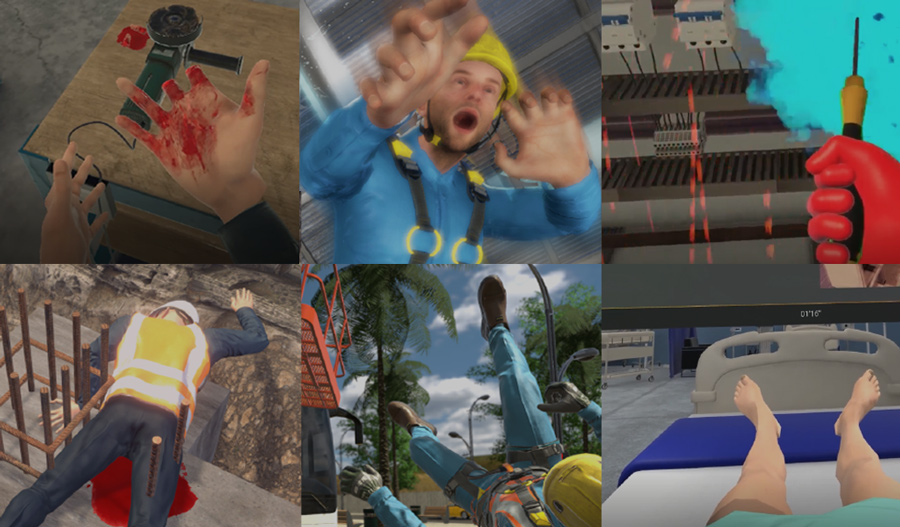
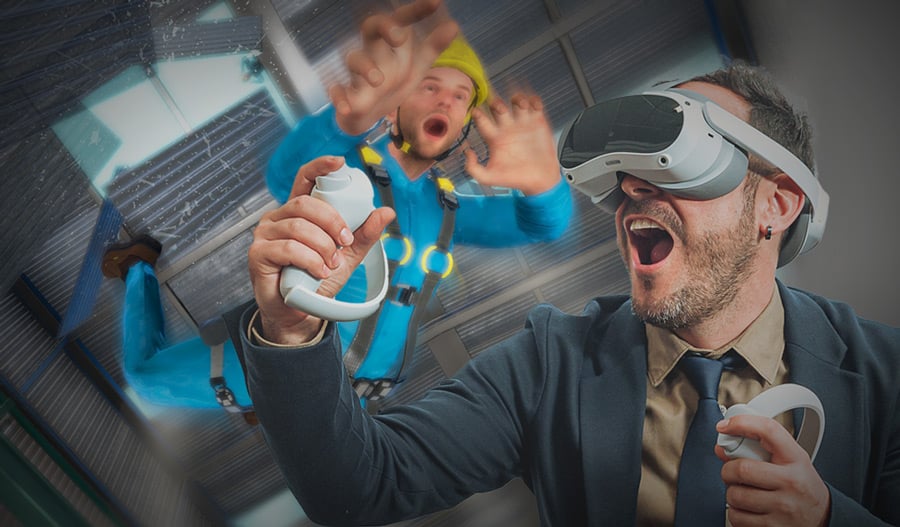
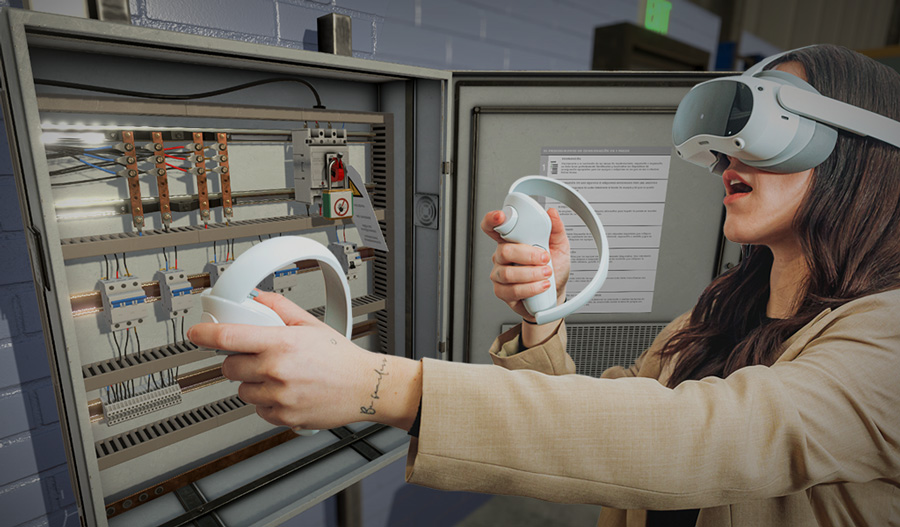
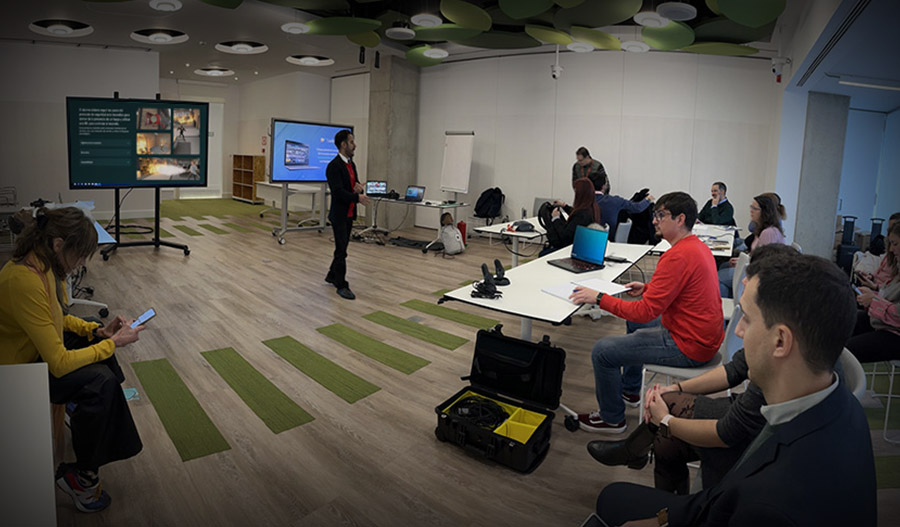
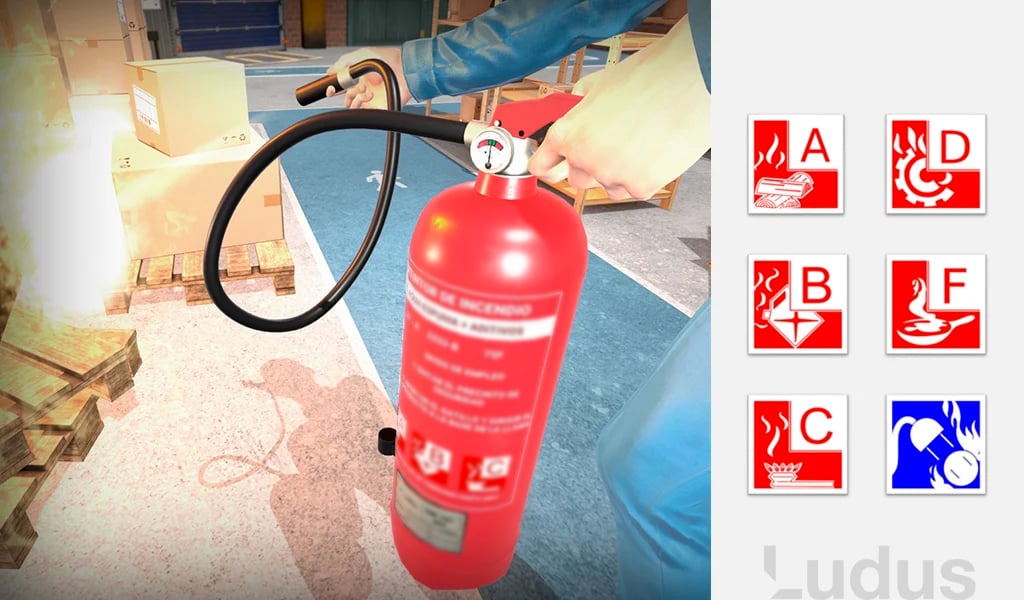
.jpg)
